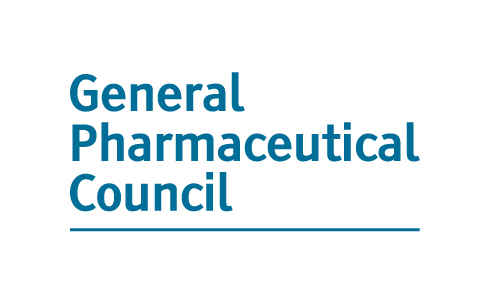How do Pharmacy First Scotland and the Common Ailments Service in Wales compare?
)
Pharmacy First Scotland was launched in July 2020, and offers the supply of prescription only medicine using PGDs for five conditions – uncomplicated UTIs in non-pregnant females, impetigo, skin infections, shingles and hay fever. It is also offers advice and treatment for some other ‘self-limiting conditions’, which the English service does not.
Public Health Scotland (PHS) has recently released the latest data on patient use of NHS Pharmacy First Scotland and Community Pharmacy Unscheduled Supply (CPUS) services. The data reveals significant engagement, with 30% of the Scottish population accessing Pharmacy First Scotland in the most recent 12-month period.
Over two years, the number of people using Pharmacy First Scotland rose by 31%, reaching 609,287 in July - September 2023 from 464,363 in July - September 2021. This increase spans genders, age groups, and deprivation quintiles, with women making up 62% of the most recent reported quarter, and the 0-9 years age group exhibiting the highest use rate, consistent with past trends.
Additionally, Pharmacy First Scotland usage extends across all deprivation levels, with 44% of recent users residing in the two most deprived quintiles.
The data also shows regular usage – with the number of people using the service at least once each quarter rising from 464,363 between July and September 2021 to 609,287 in the same period in 2023, therefore increasing by 31%.
In Wales, the Common Ailments Service was introduced in 2013 and offers advice and treatment for 26 conditions, including chickenpox in children under 14, dry skin including dermatitis and atopic eczema, and sore throat. It also has some condition-specific exclusions based on age, pregnancy/breastfeeding or clinical exclusion.
The data for Wales for April 2022 – March 2023, showed that nearly 240,000 consultations were conducted for common ailments - a 73.9% increase from the previous year and a remarkable 453.9% increase compared to five years ago.
In the period April 2022 to March 2023, over 190,000 individuals used the service, with 82.0% having one consultation, 16.4% having two or three, and 1.6% having four or more.
Consultations saw a universal rise across all conditions compared to the previous year. Approximately 27.3% of consultations were for children under 16. Female patients also accounted for the majority of consultations in Wales, comprising 62.2% of all cases. While there was minor variability in the age distribution among adult males, there were notable peaks in consultations for adult females, particularly between ages 30-40 and 50-60.
A separate study showed that in the same time period (April 2022 – March 2023), more than twice as many consultations (33,950) were conducted in pharmacies located in the most deprived decile, compared to pharmacies in the least deprived decile (14,465).
Sessions at the Pharmacy Show will delve into the comparisons between Pharmacy First Scotland, the Welsh Common Ailments Service, and the English Pharmacy First scheme – which by October and the time of the Pharmacy Show will be about nine months in. One theme that stands out from the above data is the impact the services can have on healthcare equity – and this is something that will no doubt be part of these discussions.
Further reading:
https://www.gov.wales/community-pharmacy-services-april-2022-march-2023-html#136027


)
)
)
)
)
)
)
)
)
)
)
)
)
)
)

.png/fit-in/500x500/filters:no_upscale())
)
)
)
)
)
)
)
)
)
)
)
)
)
)
)
)
)
)
)
.png/fit-in/1280x9999/filters:no_upscale())
)
)
)
)
)
)
)


